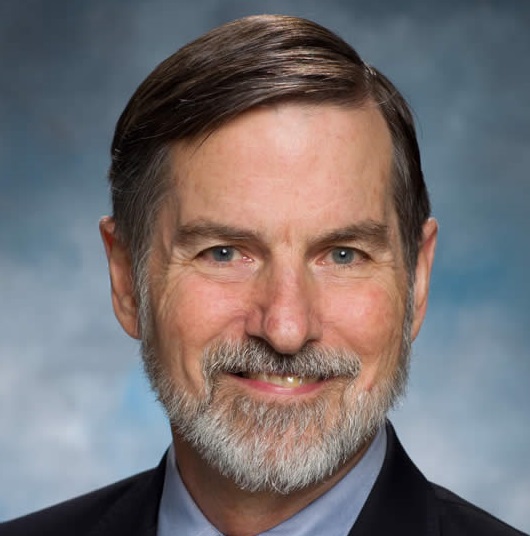By Bob Allen
An American Baptist leader says this summer’s 25th anniversary of President George H.W. Bush signing of the Americans with Disabilities Act provides an opportunity for churches to both celebrate and explore ways to be more accessible, hospitable and inclusive of persons with disabilities and their families.
The Interfaith Disability Advocacy Coalition, a program of the American Association of People with Disabilities, is seeking 2,500 signatures on a pledge for faith communities to commit to full implementation of the law that has improved the lives of millions of Americans with disabilities by the 25th anniversary on July 26.
 “The 25th anniversary is a wonderful opportunity for faith communities to celebrate the inclusion of people with disabilities in their communities while also identifying remaining barriers to full access,” said Bill Gaventa, director of the Collaborative on Faith and Disability, a clearinghouse for ongoing projects, best practices, upcoming events and other resources addressing topics at the intersection of disability, spirituality and faith communities.
“The 25th anniversary is a wonderful opportunity for faith communities to celebrate the inclusion of people with disabilities in their communities while also identifying remaining barriers to full access,” said Bill Gaventa, director of the Collaborative on Faith and Disability, a clearinghouse for ongoing projects, best practices, upcoming events and other resources addressing topics at the intersection of disability, spirituality and faith communities.
The collaborative and the Interfaith Disability Advocacy Coalition are co-sponsoring the faith-outreach initiative along with the ADA National Network and the ADA Legacy Project, which is dedicated to preserving history of the disability rights movement, celebrating milestones and educating the public.
In addition to signing the pledge, churches can take advantage of a wide range of resources to celebrate the 25th anniversary available here. A Facebook page has been set up for idea sharing, questions, activities and other resources including links to faith and disability program websites.
“We are pleased to partner in this effort with the ADA Legacy Project and the Collaborative on Faith and Disability and the ADA National Network,” said Curtis Ramsey-Lucas, director of interfaith engagement at the American Association of People with Disabilities.
Ramsey-Lucas, who also works as managing director of resource development at American Baptist Home Mission Societies, said plans for the anniversary celebration include an event in Washington titled, “From Access to Belonging: An Interfaith Service Celebrating the Progress and Promise of the ADA.”
Signed into law July 26, 1990, the Americans with Disabilities Act was intended to give disabled Americans the same civil rights protections afforded to women and minorities under the 1964 Civil Rights Act.
Churches were exempted from regulations banning discrimination in employment and public accommodation, but as society changed congregations increasingly came to see people with disabilities and their families as a ministry opportunity.
The pledge for faith communities, which individuals can also sign, is to “celebrate and recognize the progress that has been made by reaffirming the principles of equality and inclusion” and recommit “my efforts to reach full ADA compliance.”
Ideas for churches include exploring ways to be more accessible, hospitable and inclusive of persons with disabilities and their families, such as a building assessment to uncover places that might be difficult to access.
A worship service can be devoted to issues and possibilities for a more inclusive congregation and community. Faith communities can also raise awareness through a series of adult education, children’s events and/or bulletin inserts.
One of the biggest remaining hurdles faced by Americans with disabilities is economic opportunity. Last fall the Interfaith Disability Advocacy Coalition produced church resources to raise awareness about ways to expand employment opportunities for people with disabilities.
The Interfaith Disability Advocacy Coalition is a non-partisan coalition of 33 national religious organizations from the Christian, Jewish, Muslim, Hindu and Sikh traditions advocating on behalf of people with disabilities. Members include American Baptist Home Mission Societies, the national ministry arm of American Baptist Churches USA.
